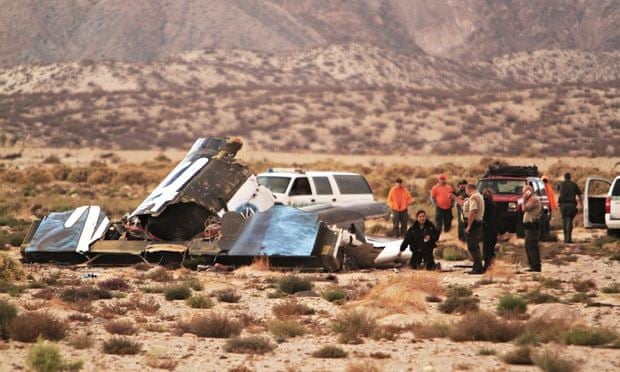Elon Musk's Space- X resupply cargo rocket, carrying supplies for the International Space Station (ISS) as well as 30 student experiments, blew up two minutes after launch yesterday. Musk tweeted in the aftermath:
"There was an overpressure event in the upper stage liquid oxygen tank. Data suggests counterintuitive cause."
Which is counterintuitive bafflegab and bollocks. Why can't this guy just admit he's not investing enough money and resources into the damned thing, and trying to cut too many corners?
Astronaut Scott Kelly - in space for a year long duration experiment- watched the launch from the ISS and also offered a more or less dimwit comment:
"Sadly failed. Space is hard".
Uh no, it's only "hard" when you don't devote the resources, time and energy needed for success- lessons we've learned over and over since the Challenger disaster in 1986.
Another NASA honcho echoed the same refrain that "It's not easy taking care of a space station, I think sometimes folks think its easy or routine. That's when we get into trouble."
No, we just think you get into trouble doing it on the cheap - using private entrepreneurs, as opposed to an experienced cast and resources NASA had for decades -is a formula for disaster. (Yet some in that previous NASA cast are now helping the military get Shuttle-type launch vehicles put into space with no problems at all!)
So let's cut the crap.
We've seen a similar act play out last year when Richard Branson's Virgin Galactic "Spaceship Two" came crashing back to Earth, e.g.

This was to be the craft to give wealthy hotshots a chance to say they'd at least been to the edge of space (to experience weightlessness) at a quarter million bucks a pop. The total duration of each flight? Five minutes.
Loren Thompson, an analyst at Virginia's Lexington Institute, who's consulted for Boeing and Lockheed Martin, offered the most blunt perspective on commercial space junkets in a Financial Times piece (Oct. 31, 2014):
"What we're learning is that consistent success in launching space vehicles requires a much bigger investment of time and money than most entrepreneurs are willing to make".
Duh! This has been exactly my point for the past five years, since the retirement of the Shuttle - at least for cargo shuttling purposes to the ISS. But the entrenched optimists who run these small time commercial outfits simply refuse to accept it. Refuse to accept you ain't going to the Moon, far less Mars, or even to the space station by using relative chump change operations (maximal outlays on the order of $10m or so when the Shuttle program exceeded $300 b) and minimal resources. You need instead the resources of a whole nation and that's why the key successful space missions now are compliments of national efforts (e.g. China and India), not private company efforts.
That so many people of even above average intelligence can't process this or accept this is simply amazing, but perhaps speaks to the overwhelming power of PR and manufactured malarkey dominating today's 24/7 news cycle. And so, one must not be too surprised that too often PR can gut and overcome rational and analytical critical thinking faculties.
Scott Kelley and others can spin this latest disaster as "space is hard" if they want, but most of us with a historical perspective know better. A pity most others would rather buy codswallop that these magnates running private, commercial operations can compete with what a government entity using interconnected talent and resources could do.
No comments:
Post a Comment